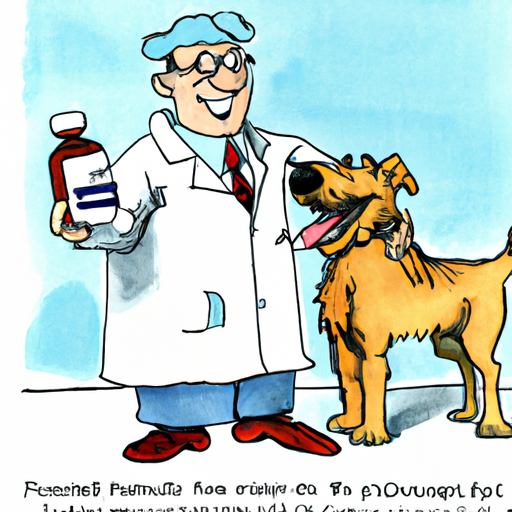As a caregiver, you always want to ensure the best for your beloved canine companions. Among the many questions you may have, one that may arise is – what is Galliprant for dogs? This article will help you understand the ins and outs of this medication and its role in canine care.
H2: What is Galliprant?
Galliprant is a non-steroidal anti-inflammatory drug (NSAID) used to treat pain and inflammation due to osteoarthritis in dogs. It works by blocking the receptor known as EP4, which is responsible for producing a specific enzyme that triggers inflammation and pain in dogs.
H2: Why is Galliprant Needed?
If your dog suffers from osteoarthritis, a condition that causes joint inflammation and pain, Galliprant could be a game-changer. As dogs age, they can develop osteoarthritis, which can significantly impact their quality of life. Here’s why Galliprant might be recommended:
- Pain relief: It provides effective pain control, which can help your dog lead a more comfortable life.
- Reduced inflammation: It alleviates joint swelling, making movement easier for your dog.
- Safety: Compared to traditional NSAIDs, Galliprant is generally safer for long-term use.
H2: Dosage and Administration of Galliprant
Galliprant is available in three strengths: 20mg, 60mg, and 100mg. The dosage is dependent on your dog’s weight. Here’s a simple table to guide you:
| Weight Range (lbs) | Dosage (mg) |
|---|---|
| 8 – 15 | 20 |
| 15.1 – 30 | 60 |
| 30.1 – 45 | 100 |
It is recommended to give Galliprant to your dog once a day, and it can be taken with or without food.
H2: Side Effects of Galliprant
Like any medication, Galliprant does have potential side effects. These can include:
- Vomiting
- Diarrhea
- Decreased appetite
- Lethargy
If you notice any of these symptoms or any other changes in your dog’s behavior or health, it is crucial to contact your vet immediately.
H2: FAQs
Q: Can I give Galliprant to my dog without consulting a vet?
No, Galliprant should only be given under veterinary supervision.
Q: Is Galliprant safe for all dogs?
Galliprant is not recommended for puppies under the age of 9 months or dogs with severe kidney or liver disease.
Q: Can Galliprant be used long-term?
Yes, it’s designed to be safer for long-term use compared to traditional NSAIDs. However, long-term use should always be under veterinary supervision.
Q: Can I give my dog Galliprant if they are on other medication?
Always consult your vet if your dog is on other medications before starting Galliprant.
Galliprant can be a powerful tool in the fight against osteoarthritis in dogs. As a caregiver, your role is to ensure that your furry friend lives a life that is as comfortable and pain-free as possible. Always consult your veterinarian before beginning any new medication.



